China and Japan have reached a key agreement to restart seafood trade, marking a potential end to a nearly two-year import ban imposed after the release of treated wastewater from Japan’s Fukushima nuclear plant.
China has agreed to procedures for resuming imports of Japanese seafood, Japan’s government announced on Friday, signaling progress toward lifting a trade ban that has lasted nearly two years.
According to Japan’s Ministry of Agriculture, Forestry and Fisheries, the agreement was reached during a meeting on Wednesday in Beijing between ministry officials and China’s Customs authorities. Exports are expected to restart once China completes the required procedures.
China’s General Administration of Customs stated that the two sides had made “substantial progress” in their latest round of talks concerning Japanese aquatic products.
The development comes as both countries seek to ease diplomatic tensions sparked by Japan’s 2023 release of treated wastewater from the Fukushima Daiichi nuclear power plant.
"This is an important milestone," said Chief Cabinet Secretary Yoshimasa Hayashi during a press briefing. He added that Japan will continue pushing for the resumption of beef exports to China and for the removal of import restrictions on agricultural and marine products from ten prefectures, including Fukushima and Tokyo — which are not covered under the current agreement.
Under the new framework, Japan will register seafood processing facilities with Chinese authorities and provide inspection certificates confirming that products are free from radioactive substances, according to the ministry.
The Nikkei newspaper, which first reported the development, noted that China is expected to officially announce the resumption of seafood imports from Japanese regions outside Fukushima in the near future.
China initially imposed the seafood import ban in response to Japan’s wastewater release, triggering diplomatic and economic tensions between the two nations.
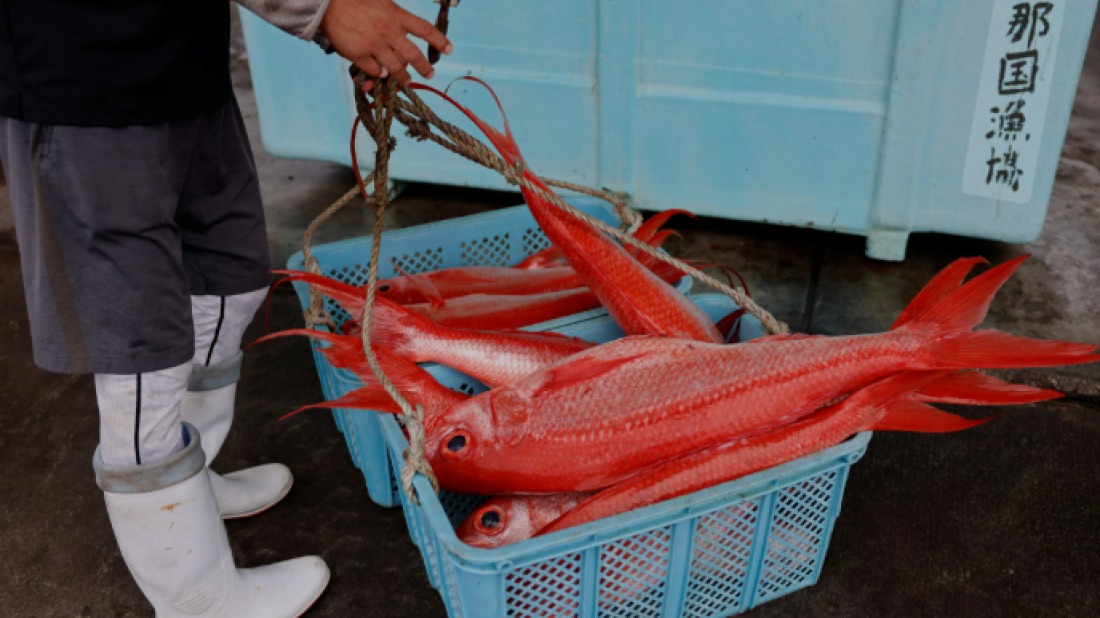
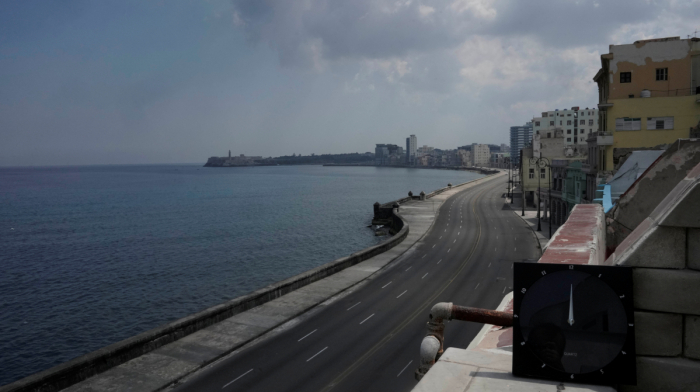
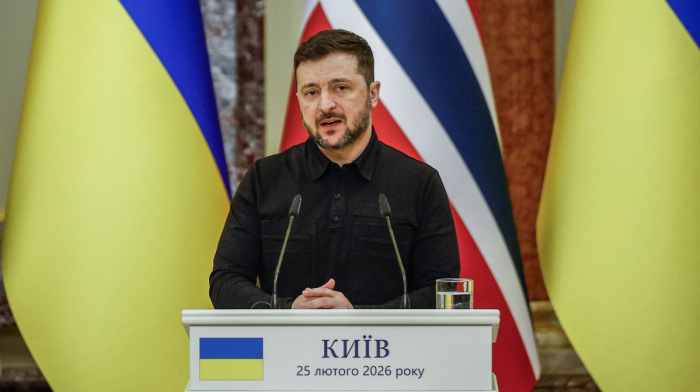
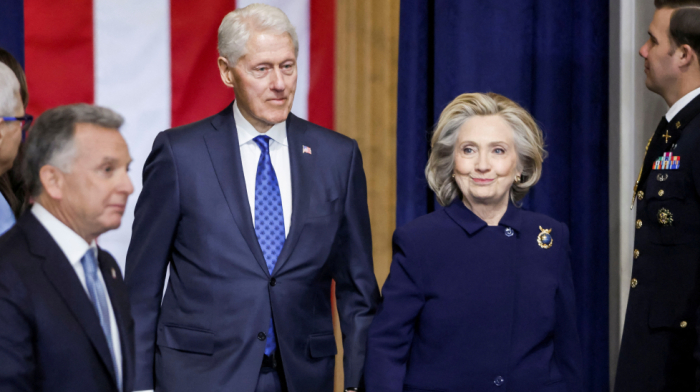



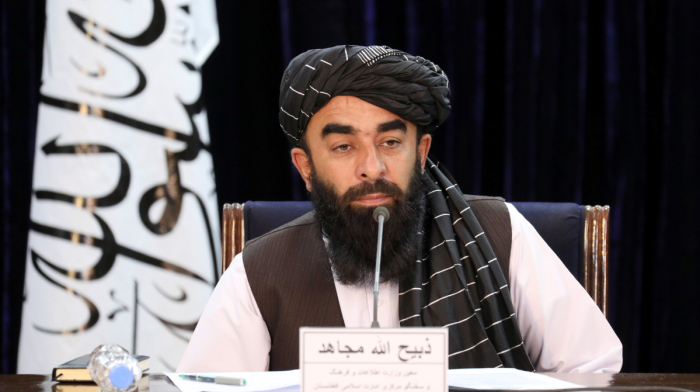
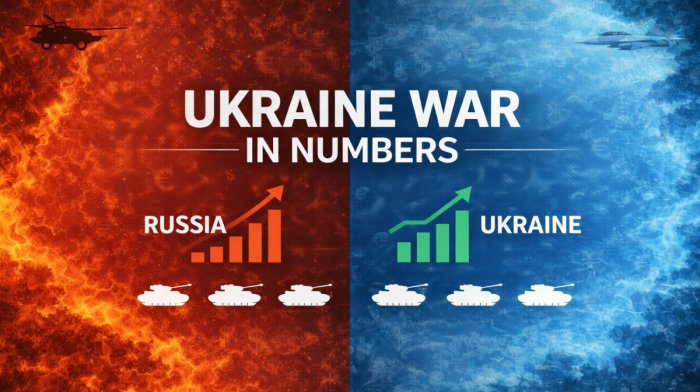

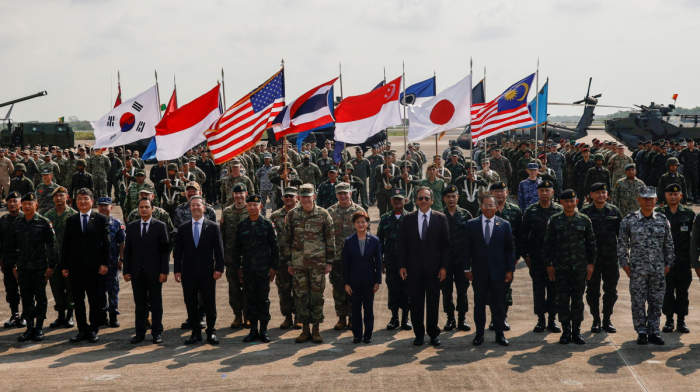
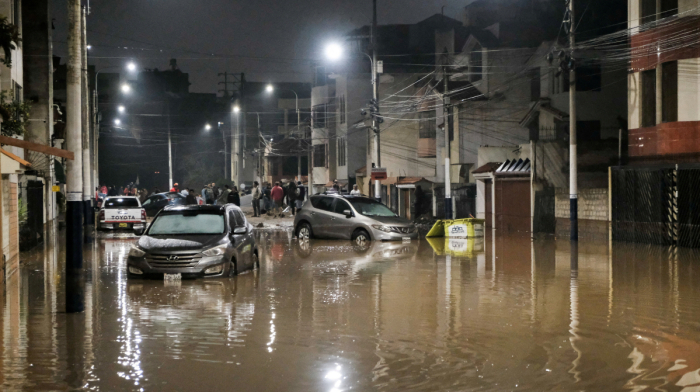
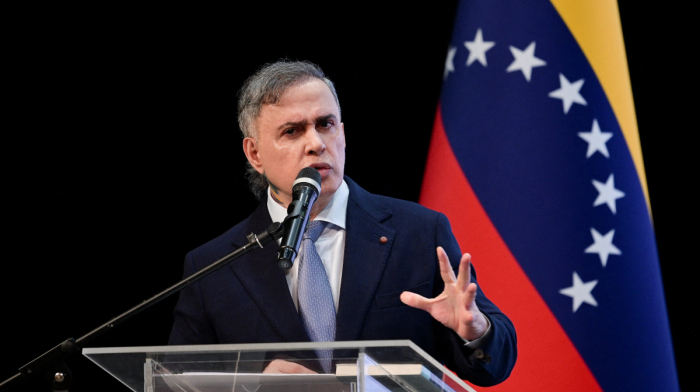



What is your opinion on this topic?
Leave the first comment